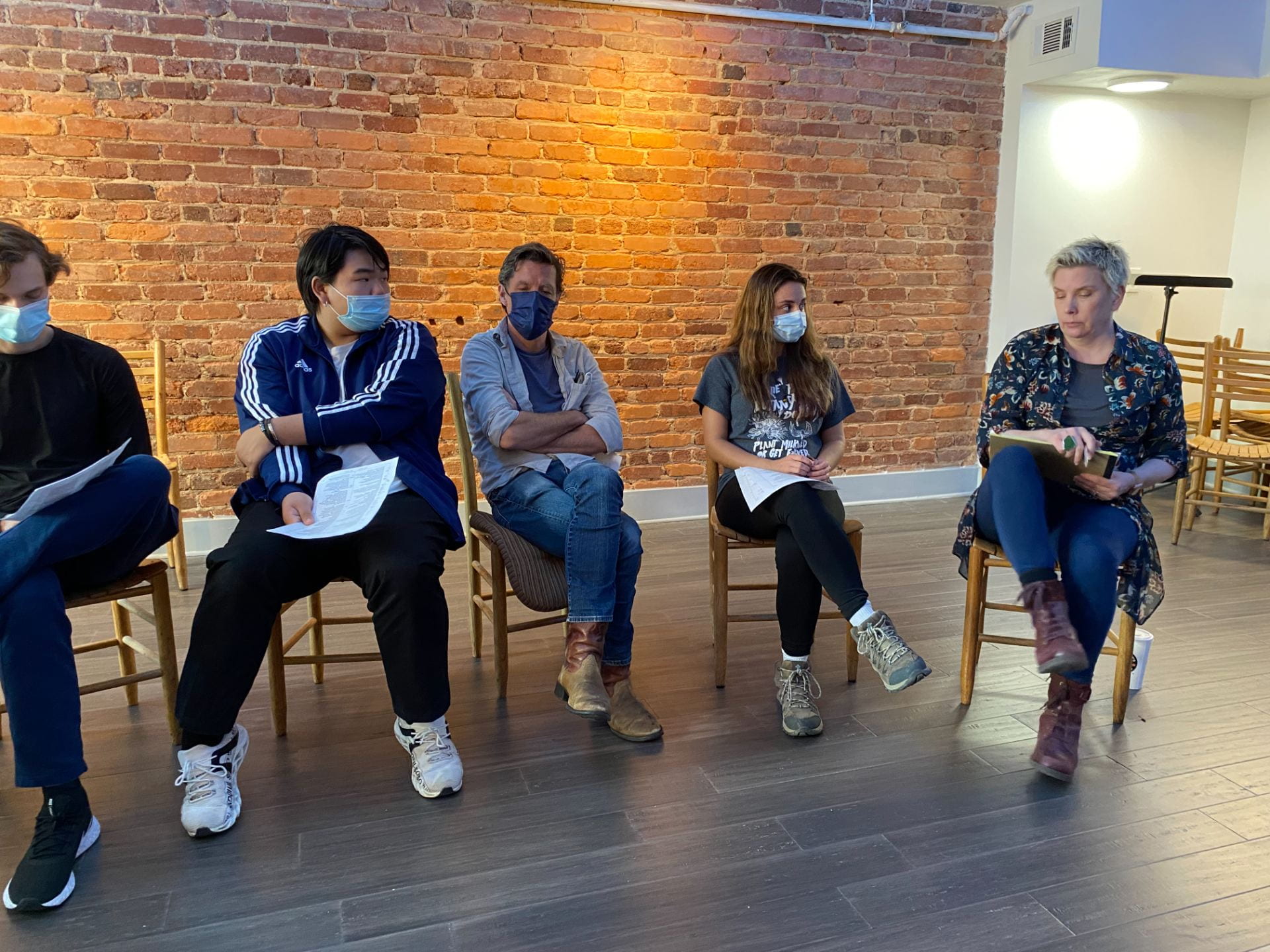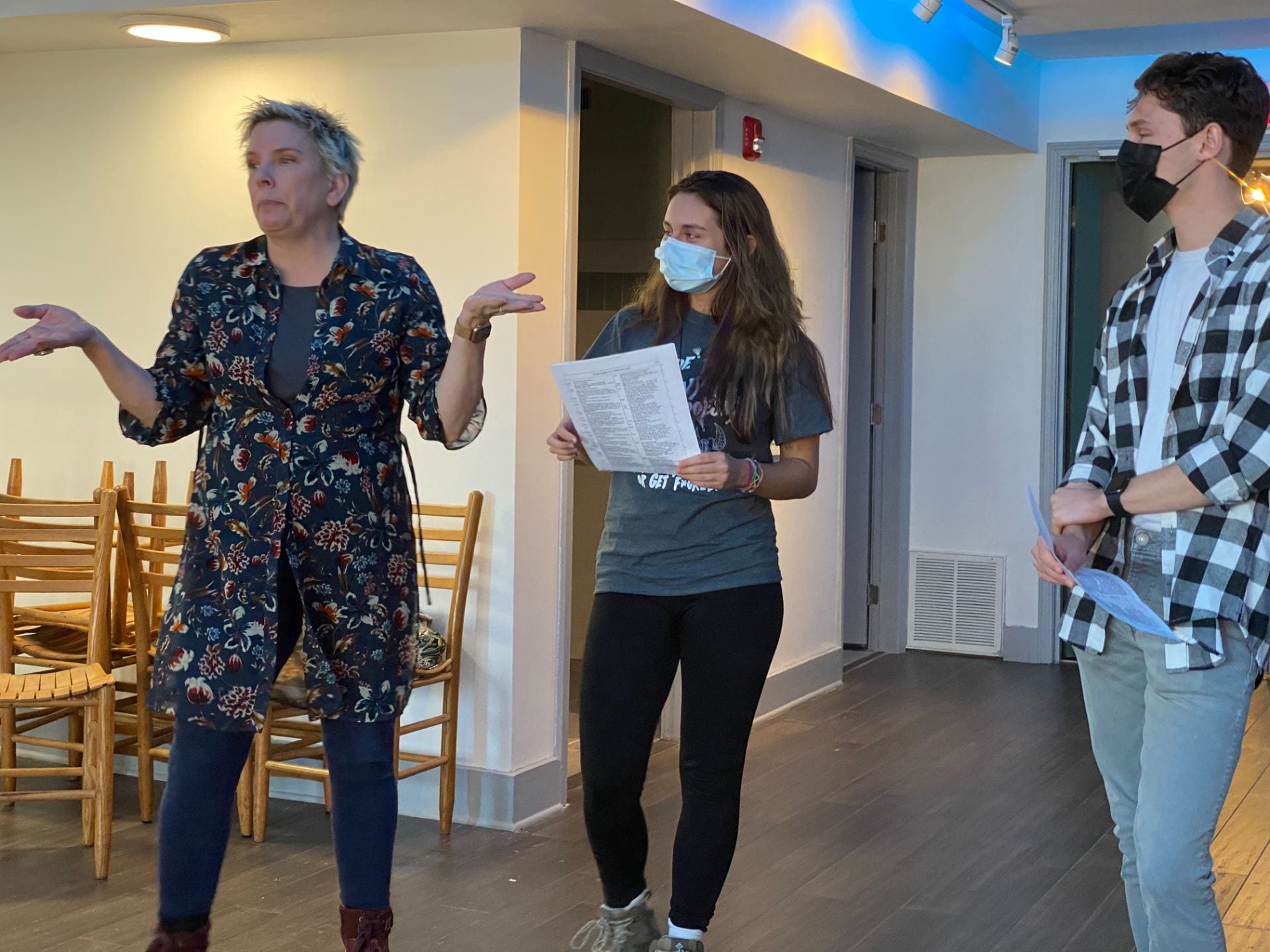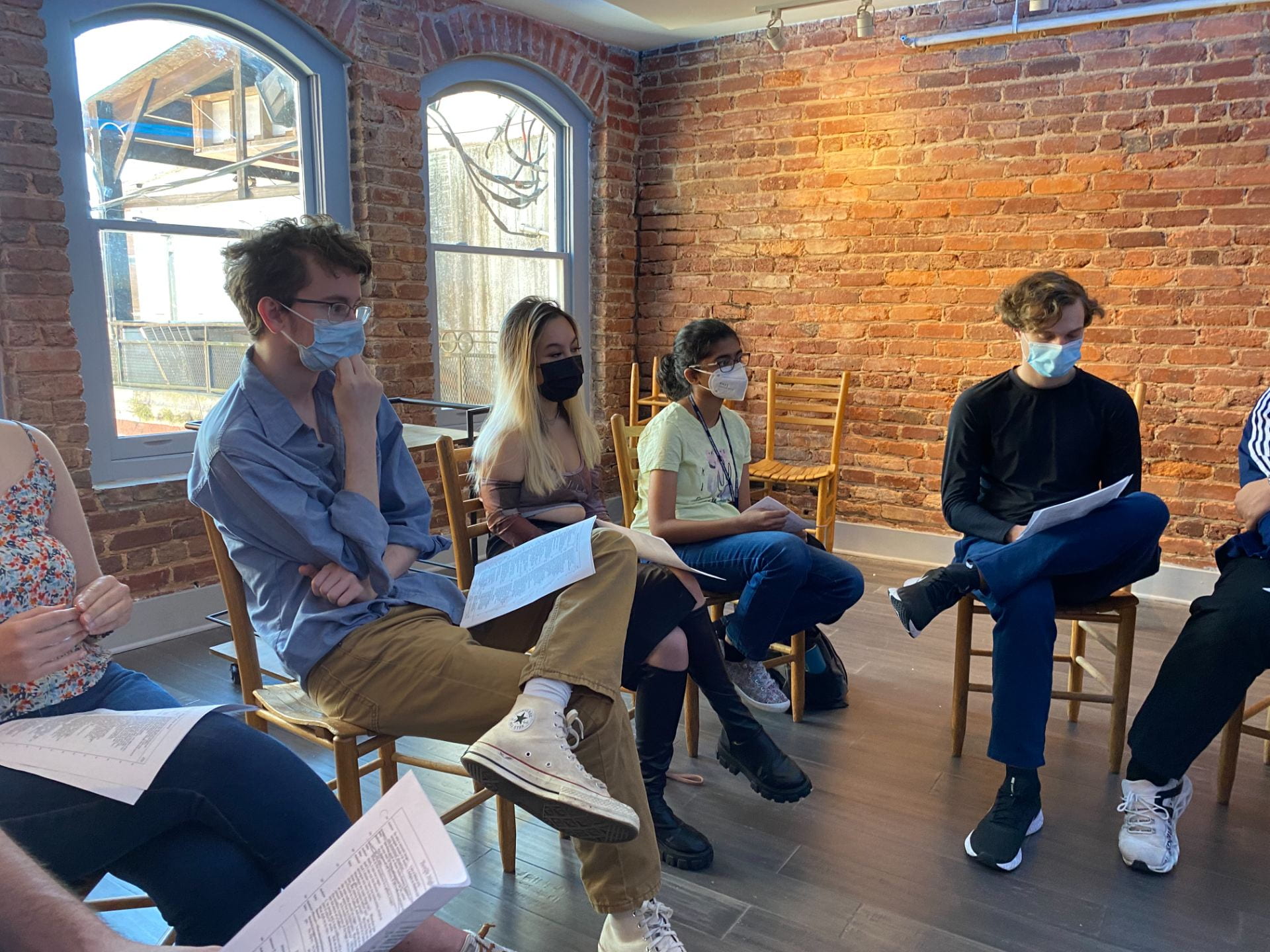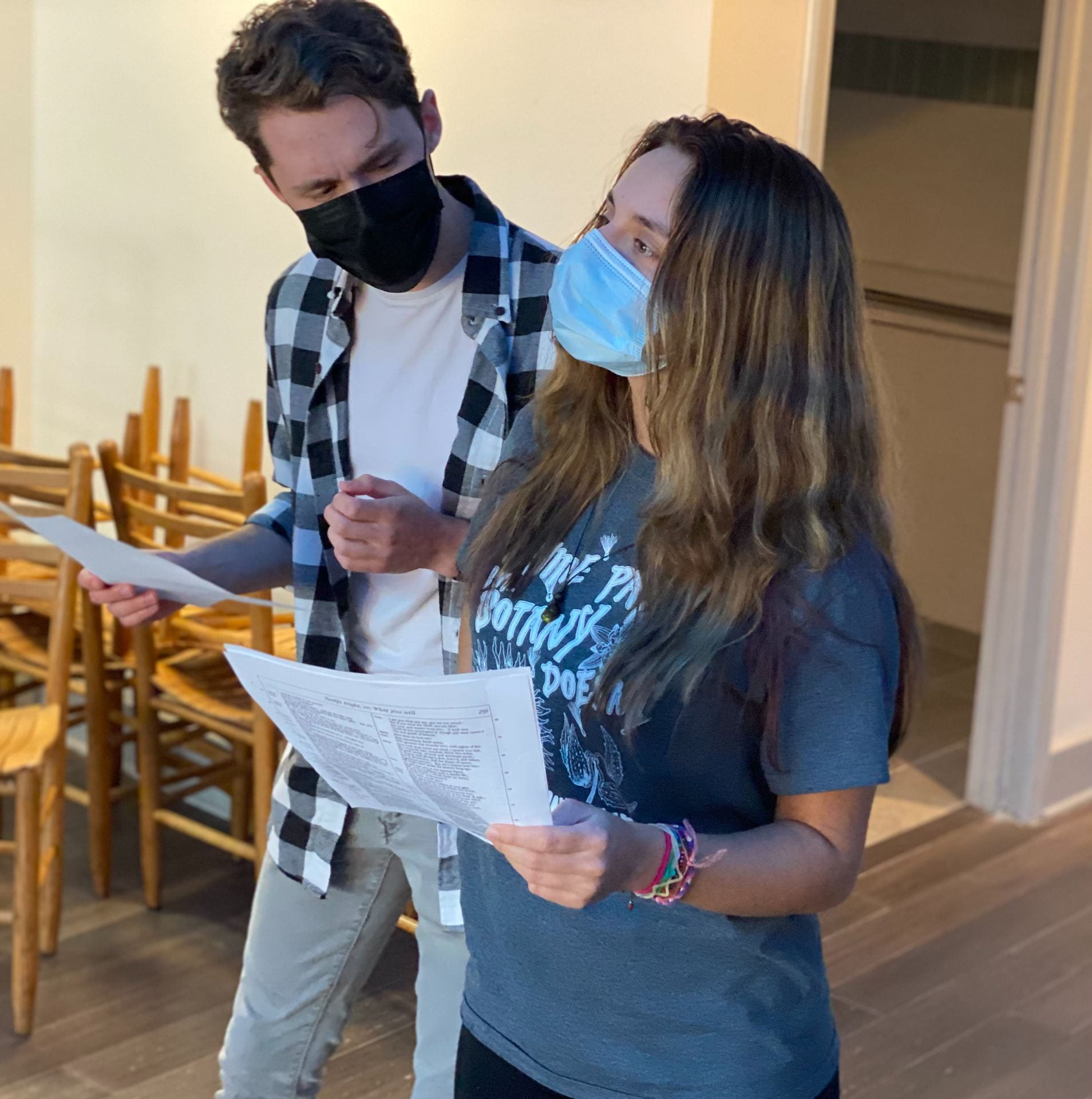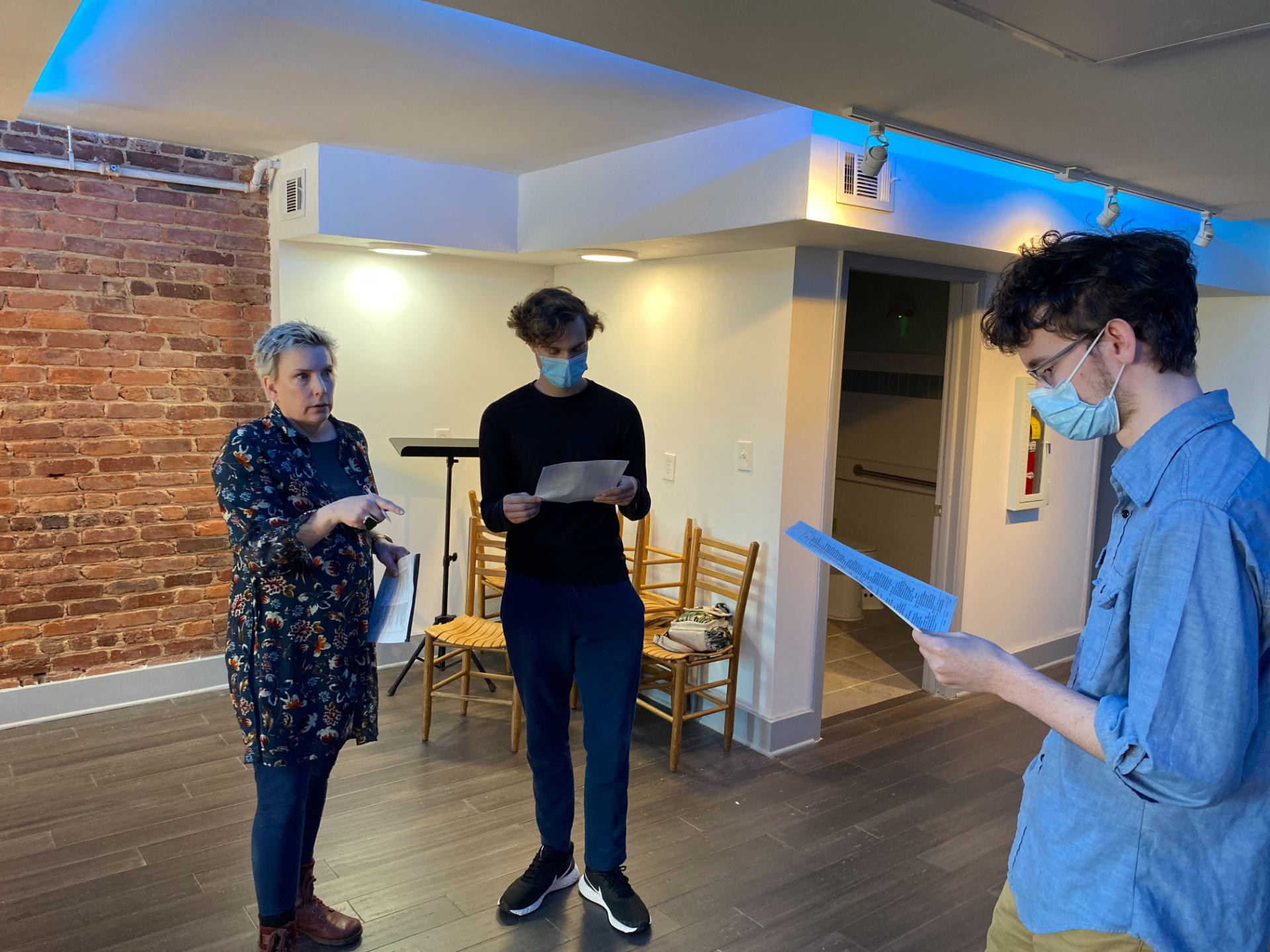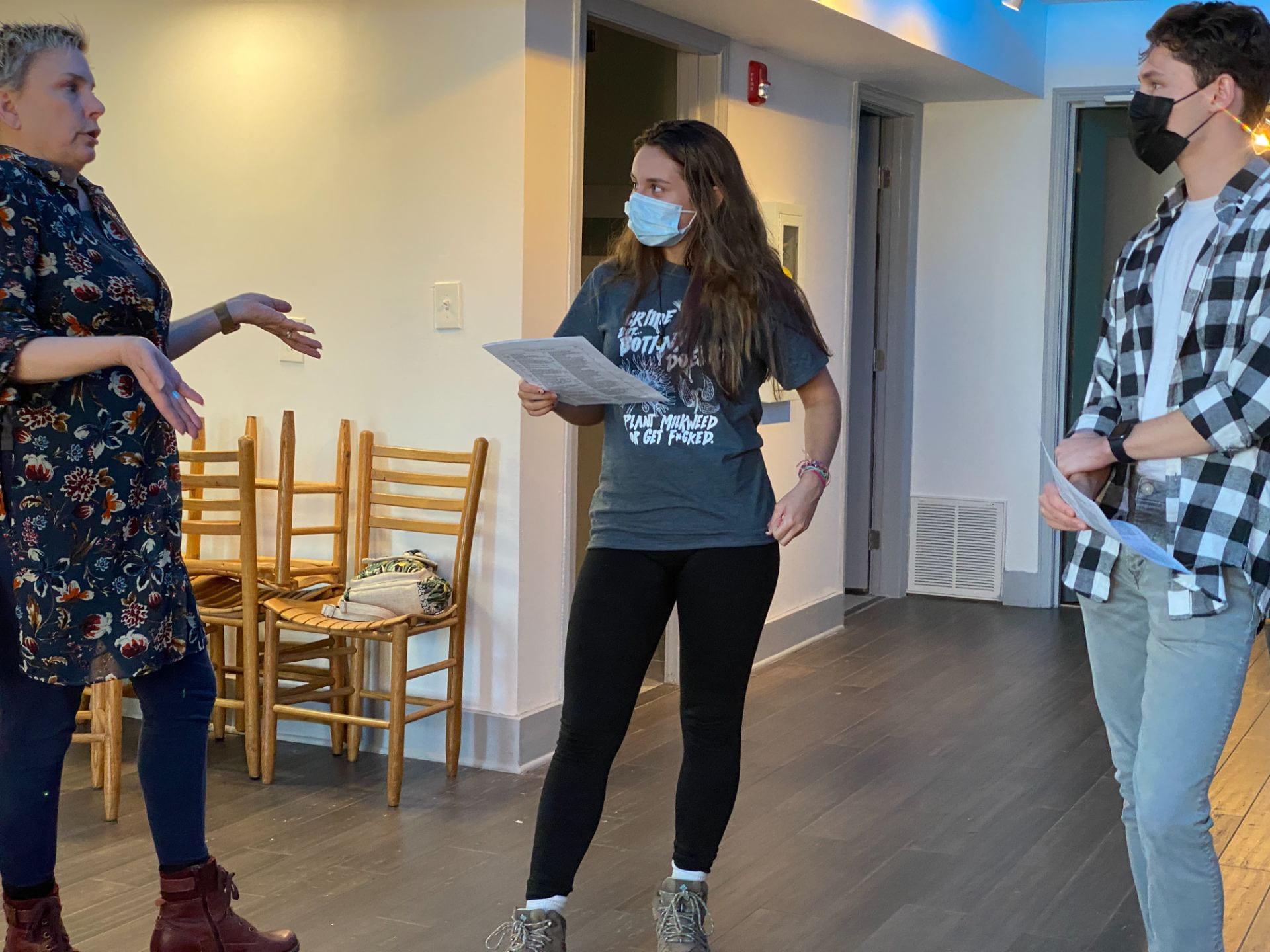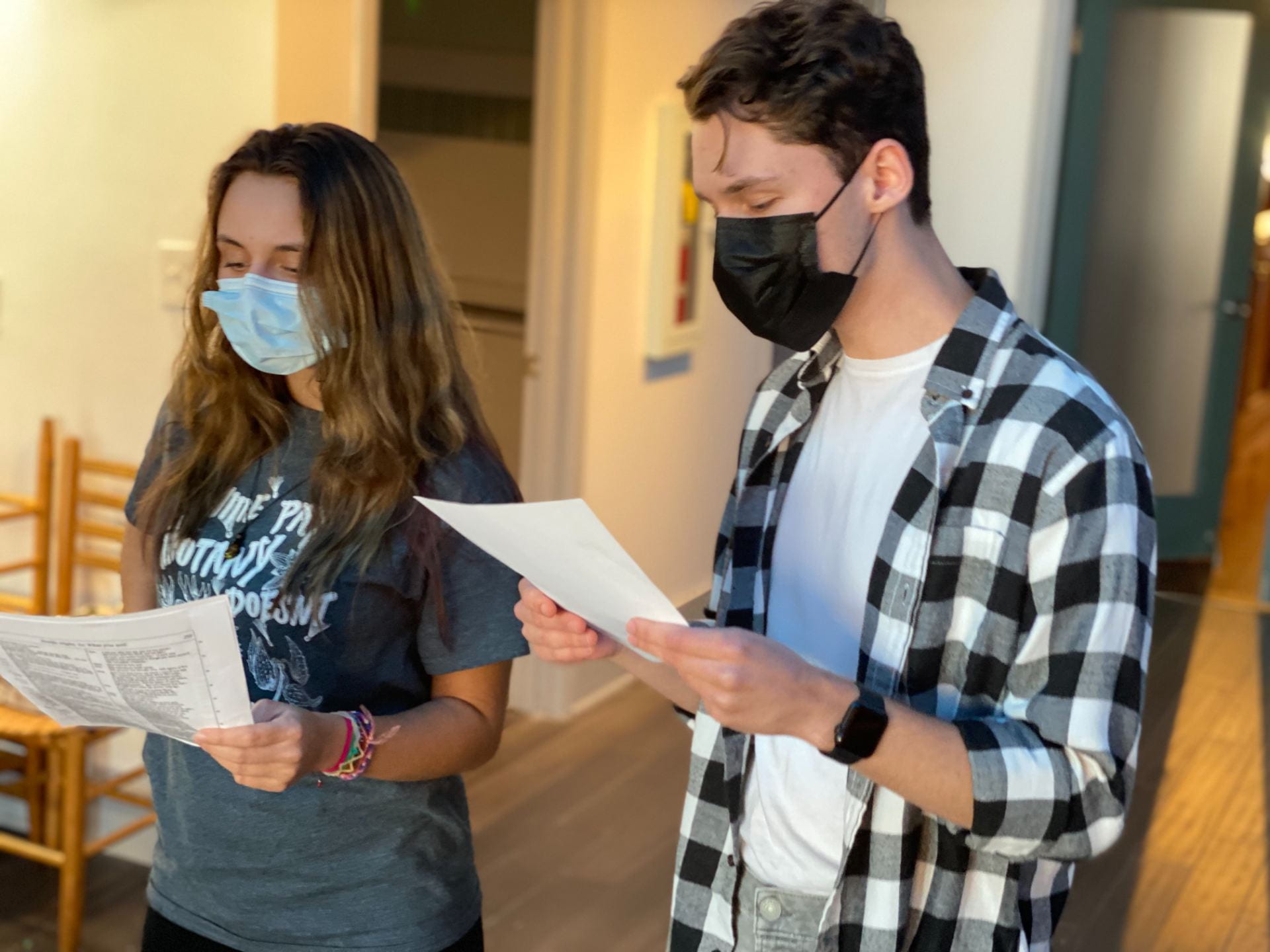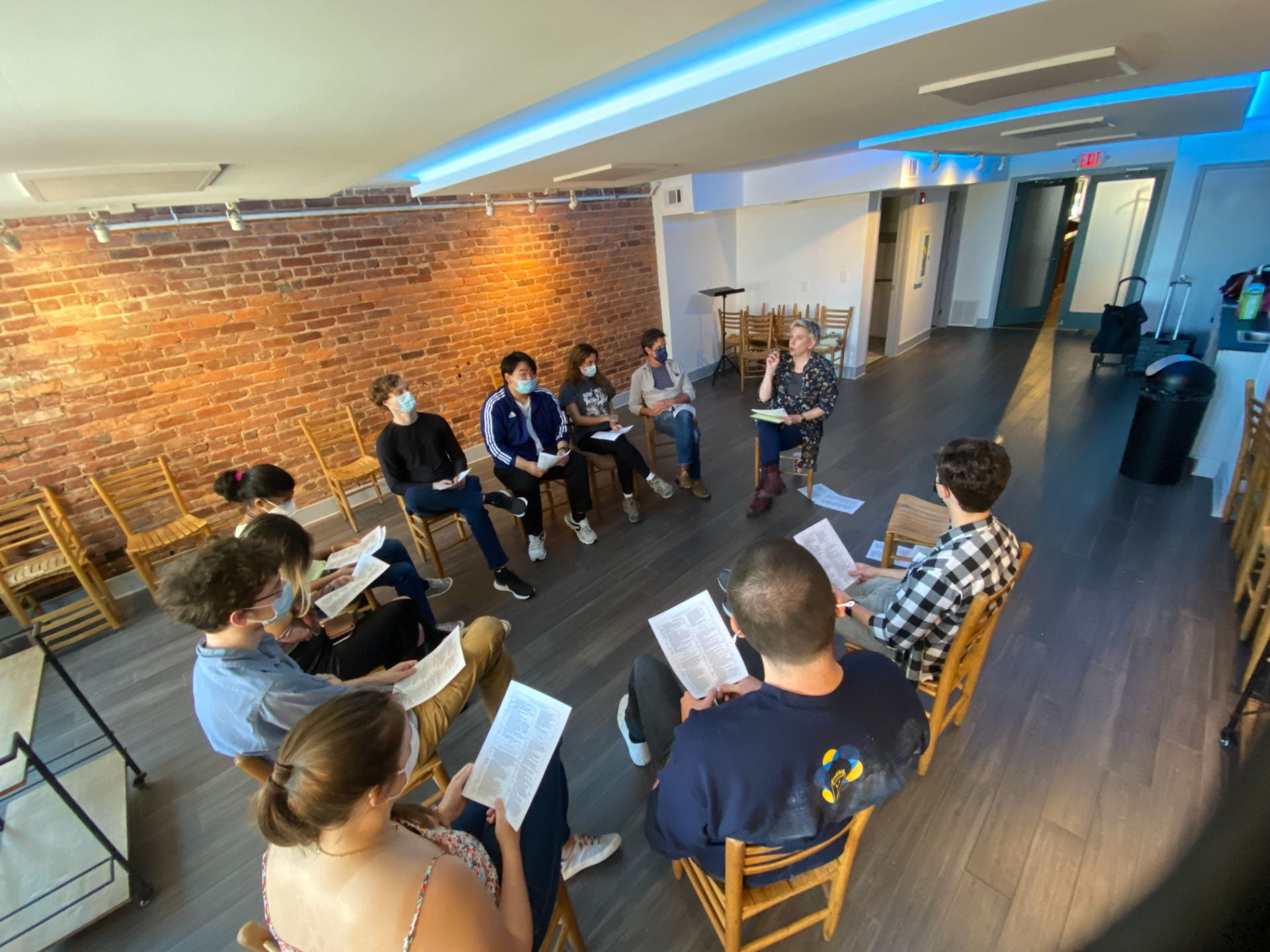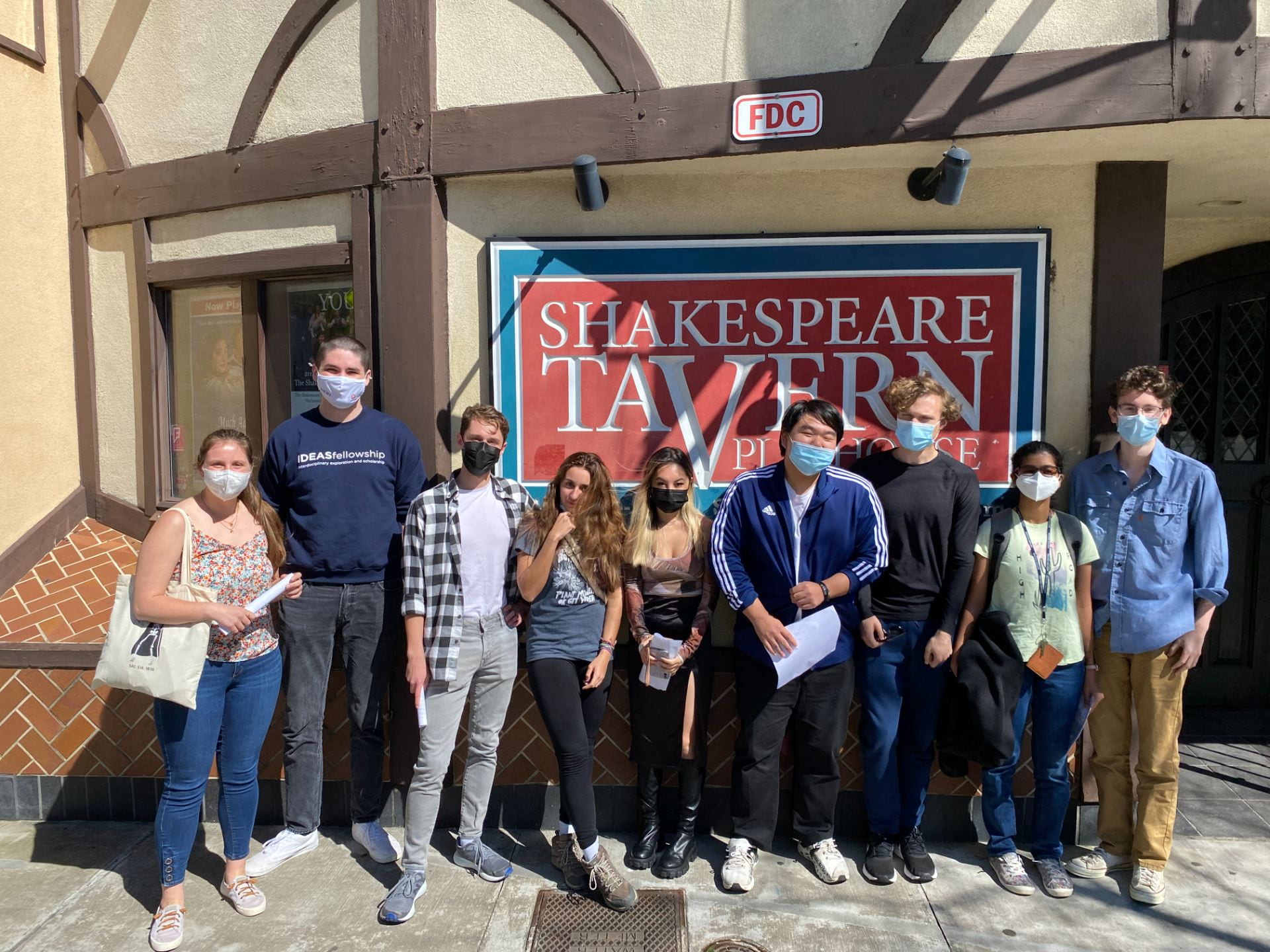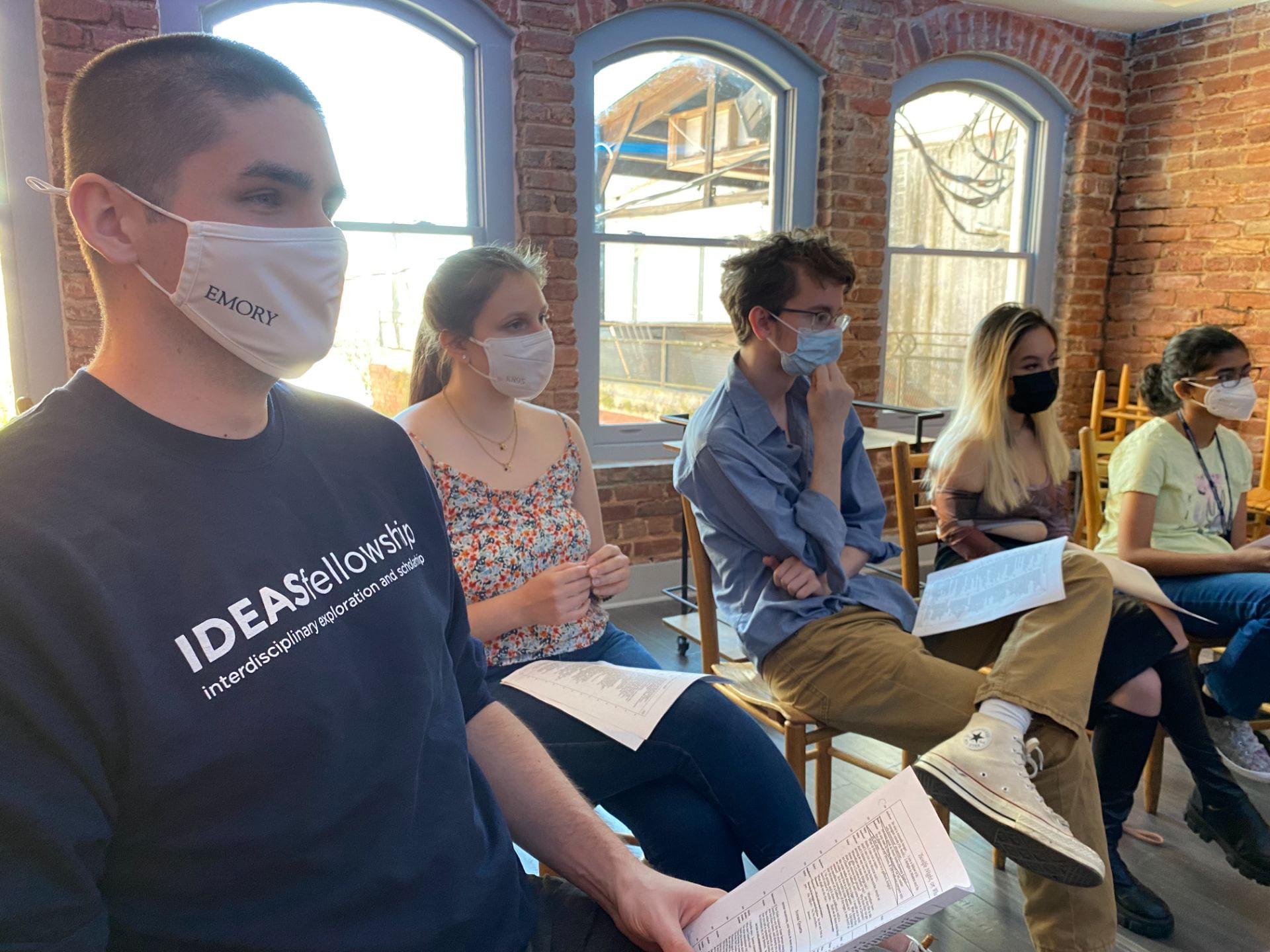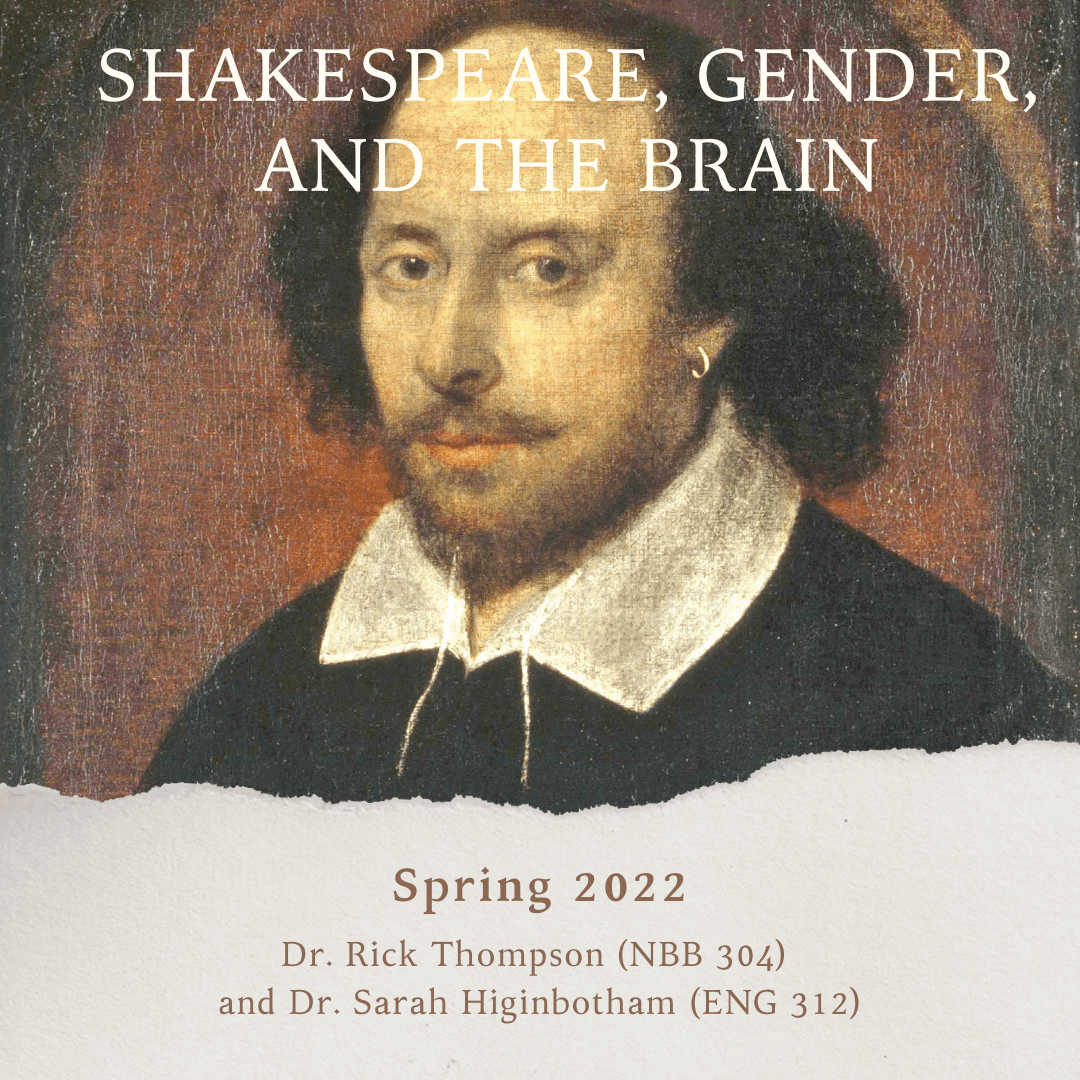
Emory’s “sidecar” courses bring together two professors from different disciplines—like behavioral biology and Shakespeare—to find points of connection with their shared students.
I look forward to connecting with my colleague and friend, Dr. Rick Thompson, as students cross boundaries between science and literature. We will also work with the acting crew at Atlanta’s Shakespeare Tavern.
Testosterone Rex: Myths of Sex, Science, and Society
Meetings:
February 3, 6-8:45 p.m. Zoom
February 24, 6-8:45 p.m. Humanities Hall 202
March 19, 1 p.m., Shakespeare Tavern
March 31, 6-8:45 p.m. Humanities Hall 202
April 21, 6 p.m. Dr. Higinbotham’s house for a lakeside picnic
Course Description, IDS 290:
Shakespeare’s plays confront different models and representations of gender, including the permeability of gendered differences and the construction of gendered identities. His plays interrogate, rather than answer, a fixed idea of gender. In ENG 312, students examine how Shakespeare presents a reversibility and often a confusion between what seems to correspond culturally to the masculine or the feminine. Similarly, Neuroscience and Behavioral Biology interrogates many of the same issues by exploring how hormones influence social behaviors. In NBB 304 and its Lab, students focus on the relationship between hormones, brain function, and behavior, as well as the techniques used to investigate them. They identify how brain neurochemistry affects social behavior. In the Sidecar course, students will explore gender through both art and science, both dramatic aesthetics and hormonal influences.
